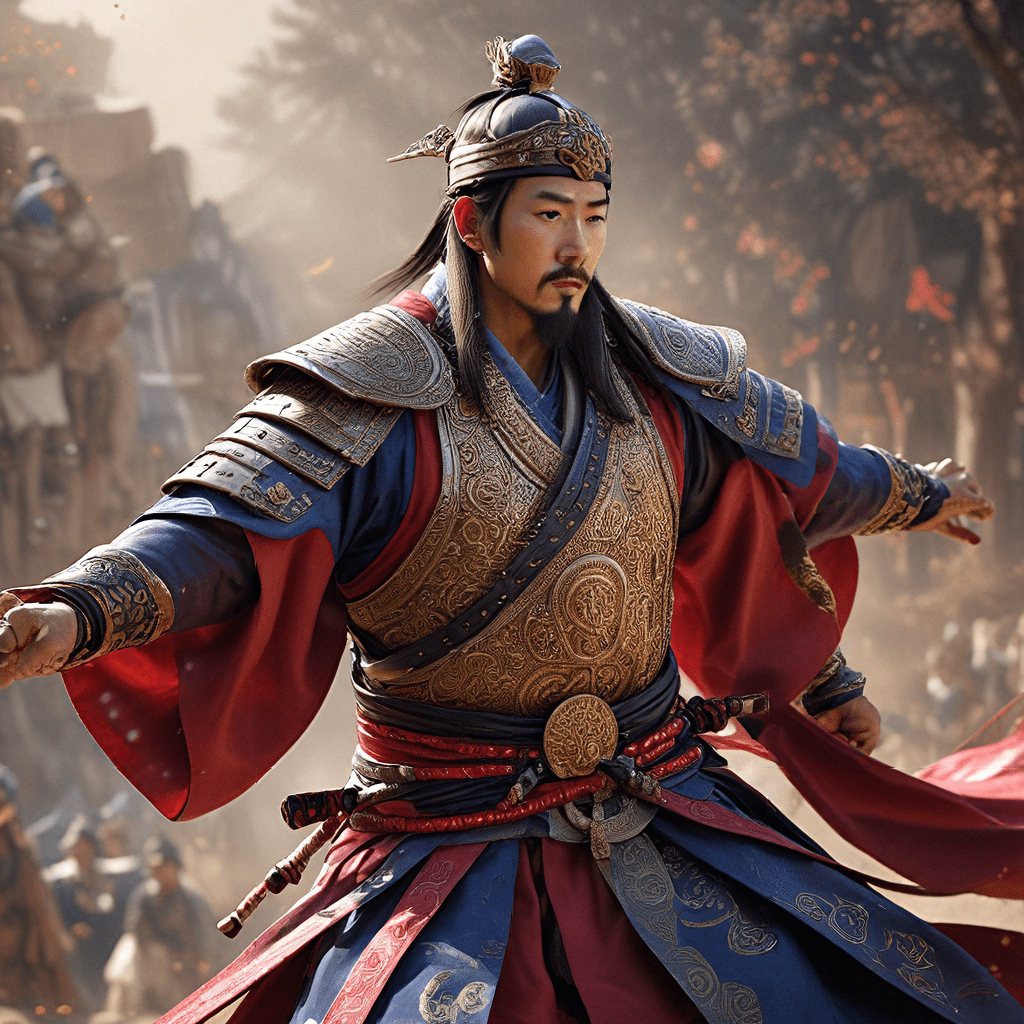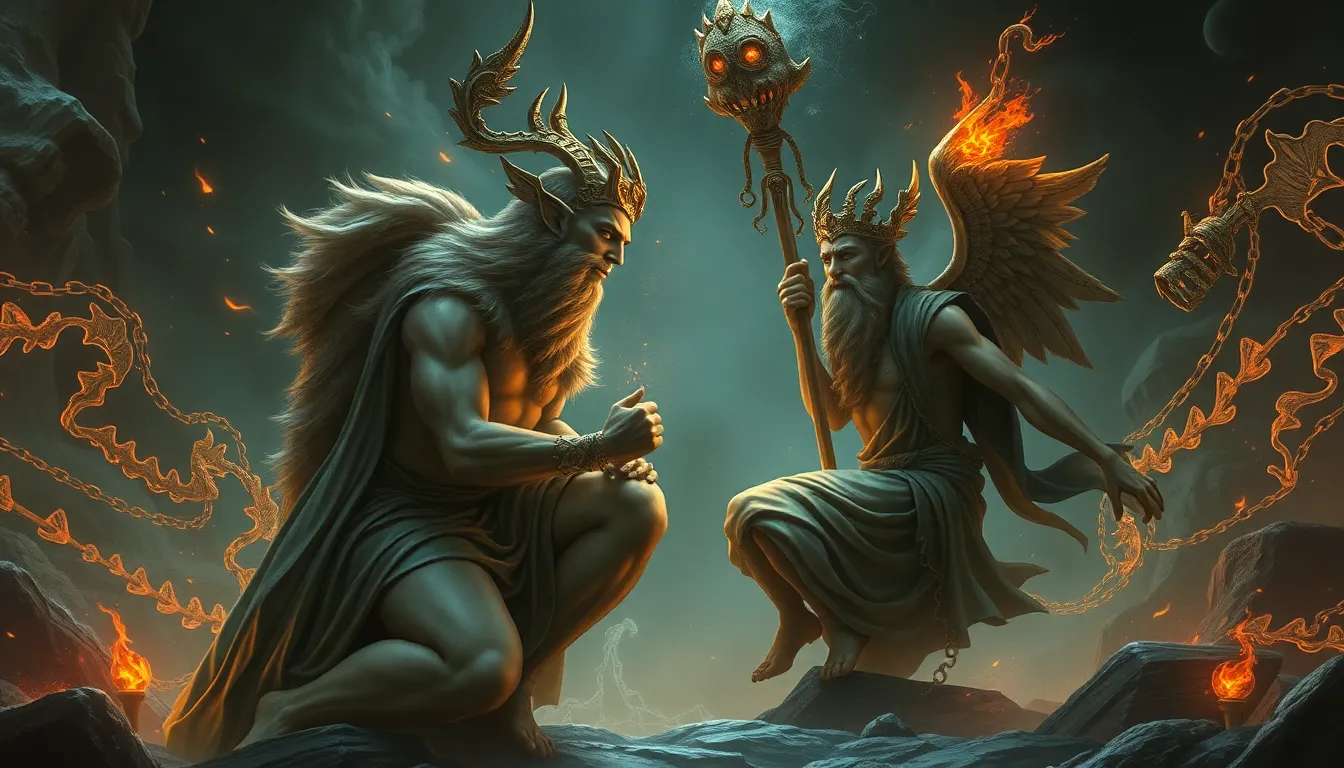Jumong: The Legendary Founder of Goguryeo
The Birth of a Legend: Jumong’s Mythical Origins
Jumong, the legendary founder of Goguryeo, one of the Three Kingdoms of Korea, is a figure shrouded in myth and legend. His story, passed down through generations, weaves together elements of divine intervention, heroic exploits, and the forging of a nation. According to Korean mythology, Jumong was born of a divine union. His mother, Yuhwa, was a princess of the Buyeo kingdom, a powerful state in northeastern Korea. She was blessed by the god of the heavens, Haemosu, who granted her a magical pregnancy. The tale states that Yuhwa gave birth to Jumong on a mountain in the Buyeo kingdom, where he was raised by his mother and later discovered by his father, Haemosu.
Jumong's birth was marked by extraordinary events. It is said that a large, shining star appeared in the sky, and a divine bird, the raven, carried a golden box with a precious sword, symbolic of Jumong's future leadership. Throughout his childhood, he displayed extraordinary abilities and strength. Legend tells of him taming a wild horse and demonstrating a remarkable skill in archery, traits that would later serve him well in his rise to power.
From Exile to King: Jumong’s Rise to Power
Jumong's life took a drastic turn when his half-brother, Daeso, ascended to the throne of the Buyeo kingdom. As a potential threat to Daeso's rule, Jumong was forced into exile, along with his loyal followers. They journeyed south, seeking refuge and a place to establish their own kingdom. Jumong's journey was fraught with hardships and challenges. He faced resistance from the native tribes, navigated treacherous landscapes, and navigated political intrigue. His resilience and leadership qualities, however, shone through. He unified various tribes and rallied them under his banner, forming a powerful alliance.
Through strategic alliances and military prowess, Jumong, along with his faithful followers, established a new kingdom – Goguryeo – in the fertile lands of the Liaodong Peninsula. The foundation of this kingdom was built on the shared dreams of a people seeking a better life, freedom from oppression, and a place to call their own.
The Founding of Goguryeo: A Legacy Forged in Blood and Courage
The establishment of Goguryeo was a pivotal moment in Korean history, marking the beginning of a powerful and enduring kingdom. Jumong, now known as King Dongmyeong, ruled with wisdom and courage, leading his people to prosperity. His reign was marked by territorial expansion, strengthening alliances with other tribes, and establishing a strong military force. He built a strong capital city, Pyeongyang, which served as a center of trade and political power.
Goguryeo, under Jumong's leadership, flourished. The kingdom developed a unique culture, incorporating elements of its diverse tribal origins. They established a strong agricultural base, a thriving economy, and a distinct artistic tradition. The kingdom became a renowned force in the region, forging alliances and engaging in conflict with neighboring kingdoms and empires.
Jumong’s Character and Legacy: A Hero for the Ages
The legend of Jumong is not only a tale of a kingdom's founding but a testament to a heroic figure. He is revered in Korean history and culture as a symbol of courage, determination, leadership, and the unwavering spirit of a people striving for independence and self-determination. Jumong's character is often depicted as a perfect blend of strength and wisdom, a skilled warrior, a diplomatic leader, and a visionary who inspired loyalty and devotion among his people.
His legacy lives on not only through the enduring history of Goguryeo, but also in the cultural and national identity of the Korean people. The tale of Jumong is woven into Korean folklore, literature, and popular culture, forever reminding people of their heritage and the courage of their ancestors.
The Historical Context of Jumong: Early Korea and the Rise of Goguryeo
The emergence of Goguryeo under Jumong's leadership was part of a broader historical context of cultural and political evolution in early Korea. The Korean Peninsula, during the first millennium BCE, was home to various tribal communities, each with its unique language, customs, and territories. This period witnessed the rise and fall of kingdoms, alliances, and conflicts, as these tribes sought to consolidate their power and establish their presence.
The foundation of the Three Kingdoms of Korea – Goguryeo, Baekje, and Silla – emerged from this complex historical tapestry. These kingdoms, each with its own distinctive cultural heritage and political ambitions, played a significant role in shaping the political and social landscape of the Korean peninsula. Goguryeo, under Jumong's leadership, emerged as a dominant force in this volatile era, establishing a significant presence in the region and shaping the destiny of the Korean people. The kingdom's success, attributed to Jumong's leadership, military prowess, and ability to forge alliances, contributed to the unification of the Korean peninsula and laid the foundation for a powerful and enduring Korean civilization.
Jumong in Korean Folklore and Popular Culture: A Timeless Hero
Jumong's story has transcended the boundaries of history and become a cherished part of Korean folklore and popular culture. His heroic deeds, his unwavering determination, and his quest to establish a nation have resonated with the Korean people for centuries, inspiring countless works of art, literature, and performance.
Jumong's story is told and retold through generations in traditional Korean folktales. These tales often embellish his exploits, weaving in fantastical elements and highlighting his supernatural abilities. Jumong's journey – from exile to king – has become a powerful symbol of hope and resilience, reminding people that even in the face of adversity, determination and courage can lead to greatness.
In Korean literature, Jumong's story has inspired countless novels, plays, and poems. These works explore different aspects of his legend, delving into his character, his leadership, and the challenges he faced. The tale of Jumong has also been adapted into numerous films, television dramas, and operas, reaching a wide audience and reminding them of their rich cultural heritage.
Jumong's legacy is visible in the Korean national consciousness. His story has become a source of national pride and a symbol of the Korean people's resilience and determination. He is recognized as one of the most significant figures in Korean history, inspiring generations to strive for greatness and to be proud of their cultural heritage.
The Archaeological Evidence: Fact and Fiction in Jumong’s Story
While Jumong's story is largely rooted in legend and mythology, archaeological evidence offers a glimpse into the historical context of his tale. Archaeological discoveries in the Liaodong Peninsula, where Goguryeo was founded, have supported the existence of a powerful kingdom during the period attributed to Jumong's reign. Excavations have unearthed ancient tombs, fortified settlements, and artifacts that provide valuable insights into the culture and civilization of Goguryeo.
These discoveries, however, are not direct proof of Jumong’s existence. The historical details presented in the legendary accounts are often embellished with mythical elements. While the archaeological evidence supports the existence of a thriving kingdom during the period attributed to Jumong's reign, the specific details of his birth, his exile, and his rise to power remain shrouded in myth.
Theories on Jumong’s Existence: Historical Figure or Mythical Hero
The question of whether Jumong was a real historical figure or a mythical hero remains a subject of debate among historians and scholars. Some argue that the tale of Jumong is a romanticized account of a historical king, with elements of myth and legend added over time. They point to the archaeological evidence of Goguryeo and its flourishing culture as evidence that a strong leader, possibly named Jumong, unified the tribes and founded the kingdom.
Others believe that Jumong is a mythical figure, a symbol of the Korean people's desire for a national hero and an origin story for the kingdom of Goguryeo. They argue that the legendary aspects of his story – his divine birth, his supernatural abilities, and his miraculous feats – are entirely fictional and that his tale served as a cornerstone of Korean mythology.
Jumong and the Korean National Identity: The Hero as Symbol
Regardless of whether Jumong was a historical figure or a mythical hero, his story has profoundly shaped the Korean national identity. Jumong's tale has served as a source of inspiration and pride for the Korean people, reminding them of their heritage, their resilience, and their ability to overcome adversity.
The legend of Jumong is a testament to the enduring power of storytelling and its ability to shape cultural identity. The story of a nation's founder, a tale of courage, determination, and the founding of a kingdom, has remained relevant for centuries, reflecting the values and aspirations of the Korean people.
The Tale of Jumong: A Timeless Story of Courage, Determination, and the Founding of a Nation
The story of Jumong is more than just a historical event or a legendary tale. It is a powerful narrative that encapsulates the enduring spirit of the Korean people – their desire for freedom, their determination to overcome challenges, and their belief in the power of leadership and unity.
The tale of Jumong, whether based on historical truth or mythological imagination, serves as a powerful reminder of the resilience of the Korean people and their rich cultural heritage. It is a story that will continue to inspire generations to come.
FAQ
Q: What is the significance of Jumong in Korean history?
A: Jumong is considered the legendary founder of Goguryeo, one of the Three Kingdoms of Korea. His story is deeply rooted in Korean mythology and folklore.
Q: Was Jumong a real historical figure?
A: While some argue that Jumong was a real historical figure, others believe he was a mythical hero. The debate continues among historians and scholars.
Q: What is the importance of Jumong's story in Korean culture?
A: Jumong's story is a cornerstone of Korean folklore and national identity. It inspires pride, resilience, and courage in the Korean people.
Q: How does Jumong's story reflect Korean values?
A: Jumong's story reflects the Korean emphasis on unity, determination, leadership, and the importance of overcoming challenges.




